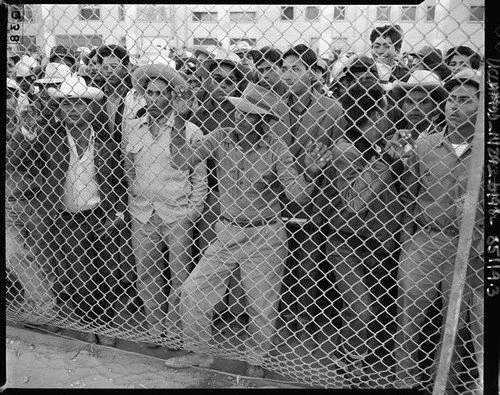Bio
Irvin Ibarguen is a historian of the Latino diaspora. He studies the movement of Latin American peoples across the Western Hemisphere and how states—sending, transit, and receiving—sought to regulate them, in part by branding them as temporary guest workers, undocumented immigrants, or refugees. His focus is on the mid-to-late 20th century, when Latino movement boomed and overwhelmed state attempts at classification and regulation.
His first book, part of UNC Press’ Weber Series, is titled Caught in the Current: Mexico’s Struggle to Regulate Emigration, 1940-1980. It examines Mexico’s failed attempts to corral migration to the US when it was still a nascent phenomenon. It highlights migrants’ resistance to Mexican strategies of containment; how the US undermined policies to modulate the migratory flow; and the recurrent fragility of Mexico’s interventions. Click here for more information.
A second book, in progress, is tentatively titled True North: The Hidden History of Central American Migrants in Mexico. Moving away from a US-centric narrative of migration, it offers a multi-directional story of Guatemalans and Salvadorans, who were ravaged by civil wars in the 1980s and moved between multiple sites in Mexico—church basements, off-the-grid jungle settlements, and state-run refugee camps—to survive, often vexing the Mexican, Central American and US authorities hoping to pin them down.
His work has received support from the Mexican Government’s Ministry of Foreign Affairs, the Harvard Weatherhead Center for International Affairs, the Charles Warren Center for Studies in American History, and the David Rockefeller Center for Latin American Studies. At NYU, he teaches classes on Latino History, US History, and Immigration in the Modern World.
Migrants trapped behind a closed border fence in Mexicali, Baja California. Mexican authorities refused to sanction their departure, given the lack of effective labor rights in the United States. (January 1954) Read more in Caught in the Current, chapter 3.

